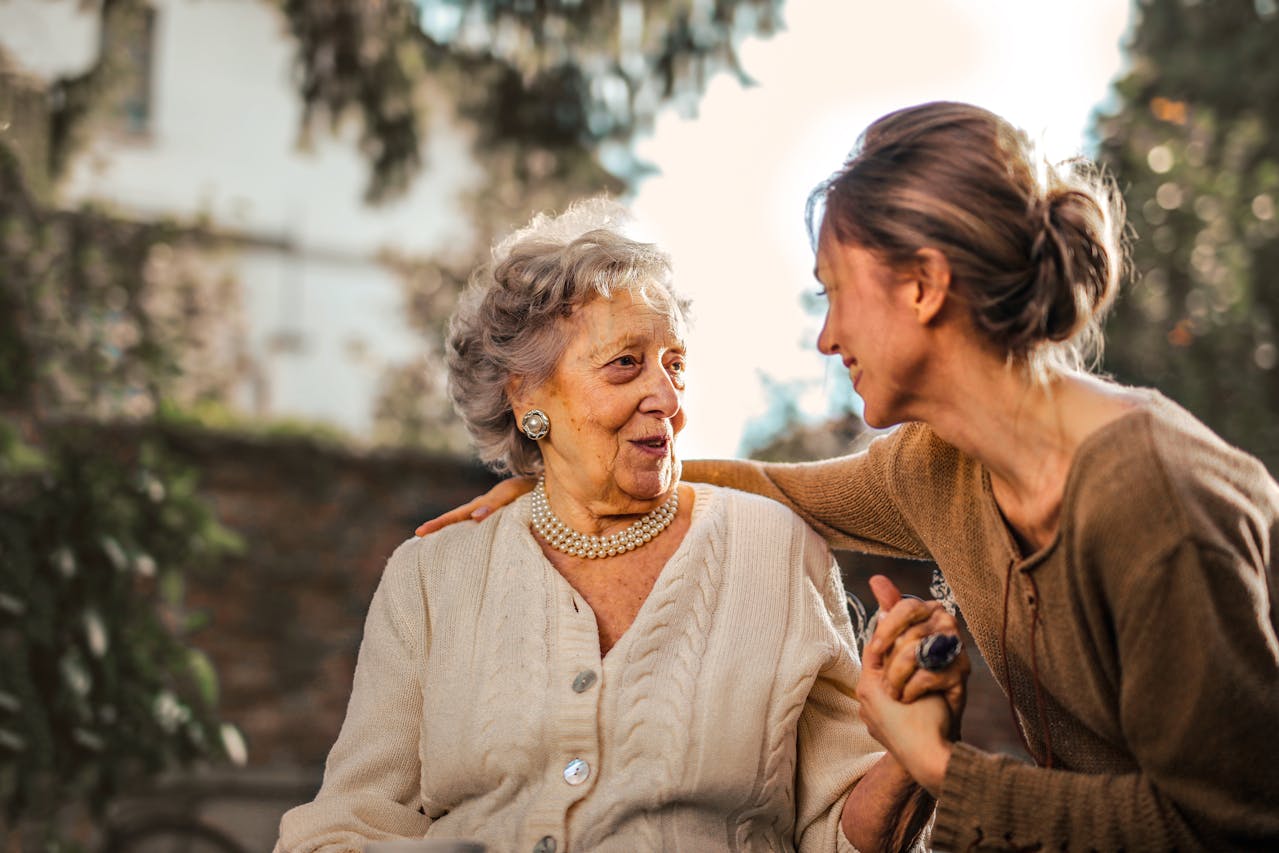There was a time when the word “sandwich” in India only meant something you grabbed at the office canteen and practically any corner of Mumbai. But now, for many of us in mid and senior corporate roles, we are the sandwich, neatly pressed between our growing careers and our aging parents. Yes, it’s a new flavour. Elder care, a phenomenon we were not ready for and never learnt.
When I started working, I thought adulthood meant owning a credit card, paying taxes on time, having some sort of EMI plan and having a decent LinkedIn profile. This was exactly what I worked toward. The sum total of all the good marks, cracking exams, acing college and finally placement. But no one told me it also meant becoming a whole lot of things for which I was unprepared for.
One such role was not just of a parent but also to become a “parent to the parents”. This role meant I was the unofficial medical coordinator for them. Managing everything from cardiology appointments to “Mummy’s WhatsApp University forwards on home remedies” that needed to be clarified time and again. I put on the role with ease at first but with a lot of trouble on the way!
To begin with, eons ago many of us moved out from our respective homes to chase jobs, promotions and a decent looking metro life. It was the dream right? That is what success was to us and our parents. “My daughter works in Mumbai” or “My son heads the IT in a Bangalore company”. Parents encouraged us and time went by. With time, technology helped and we told ourselves, “Video calls will keep us close.” Over time, I realised, those calls have turned into daily check-ins that start with “I don’t feel so good today but don’t worry…” and in an instance “worry” becomes our middle name.
We are the generation that attends 9 a.m. strategy meetings and 9 p.m. calls with doctors back home. We have mastered toggling between Zoom and Apollo 24/7. Some of us live in different cities from our spouses because someone has to stay near Mom and Dad while the other manages kids and schools. Others have sent kids to boarding schools not for prestige but for sheer logistics. And some of us have steered our careers to be closer to the city our parents live. And many of us just have travel schedules embedded in our calendars for monthly or quarterly visits accompanied by a list of jobs to be completed back home.
It is not easy being in this crossfire of responsibility. Our culture says, “Taking care of parents is your duty.” Our companies say, “Taking care of deadlines is your duty.” And somewhere in between our sleep and sanity, many of us have almost given up on both.
By now, people reading this must have judged me and have made opinions about how can one write about elder care as if it is so exhausting. Is it not a duty? Well! It obviously is and this is the very reason it is being discussed on how exactly to handle it because none of us were ever taught to take care of elders apart form the occasional physical support in walking and fetching things when we were kids.
Not just us, elder care support in smaller cities is still limited. In the cities that do have facilities like “senior living communities”, they are treated like emotional landmines with sentences like “what a horrible thought, is this what we raised you for?” The moment you suggest one, your parents look at you like you just suggested abandoning them on Mars.
So, many will agree, we improvise from a friendly neighbor on speed dial to a friend who checks in, a home nurse who disappears every other Sunday. We juggle, we multitask and we occasionally question all our life choices while sipping vodka on weekends.
But here is the thing, like all phases, this too is not all gloom. It is a perfect example of learning on the job. It is teaching us empathy, patience and project management skills no MBA ever covered. We are learning to navigate India’s emotional economy where love is loud, guilt is free-flowing and care is always personal.
And here is where my true request comes after painting a picture of exhaustion. It is time workplaces caught up. What is the ask? Employee wellness can not just mean yoga Fridays and mindfulness webinars. We need real elder-care support in ways like flexible leave, reliable service tie-ups and some honest acknowledgment that caring for parents is emotional labor. Corporates can extend not just health insurance for parents but a support group. Support groups can be for parents who either visit office / join in online ( a la family day at work!) or support groups can be for employees with elder parents where ideas and phone numbers of elder care agencies can be exchanged.
And here is another thing, I feel every time I read a polished LinkedIn post about “driving transformation,” there is probably a son or daughter driving their parent to the doctor laden with worry and nervousness. It makes me feel if one can ask “how are you doing it?”
The good news? We are figuring it out. With humor, exhaustion and a lot of heart. Maybe the future of work in India is not just hybrid between office and home, it is hybrid between career and care.
Until then, let us keep doing what we do best. We show up, we balance both worlds, and we laugh through the chaos. After all, if we can manage both clients and parents on group calls, we can manage anything. 😄

